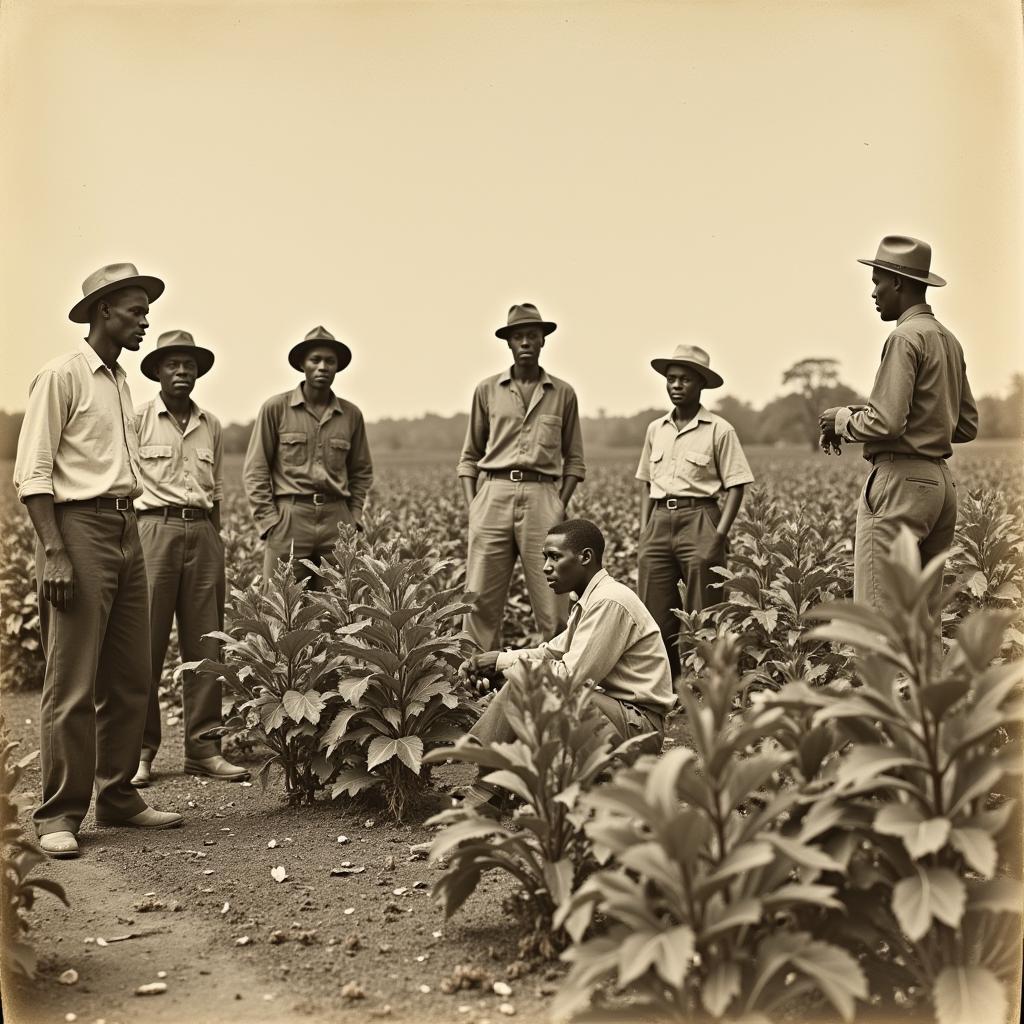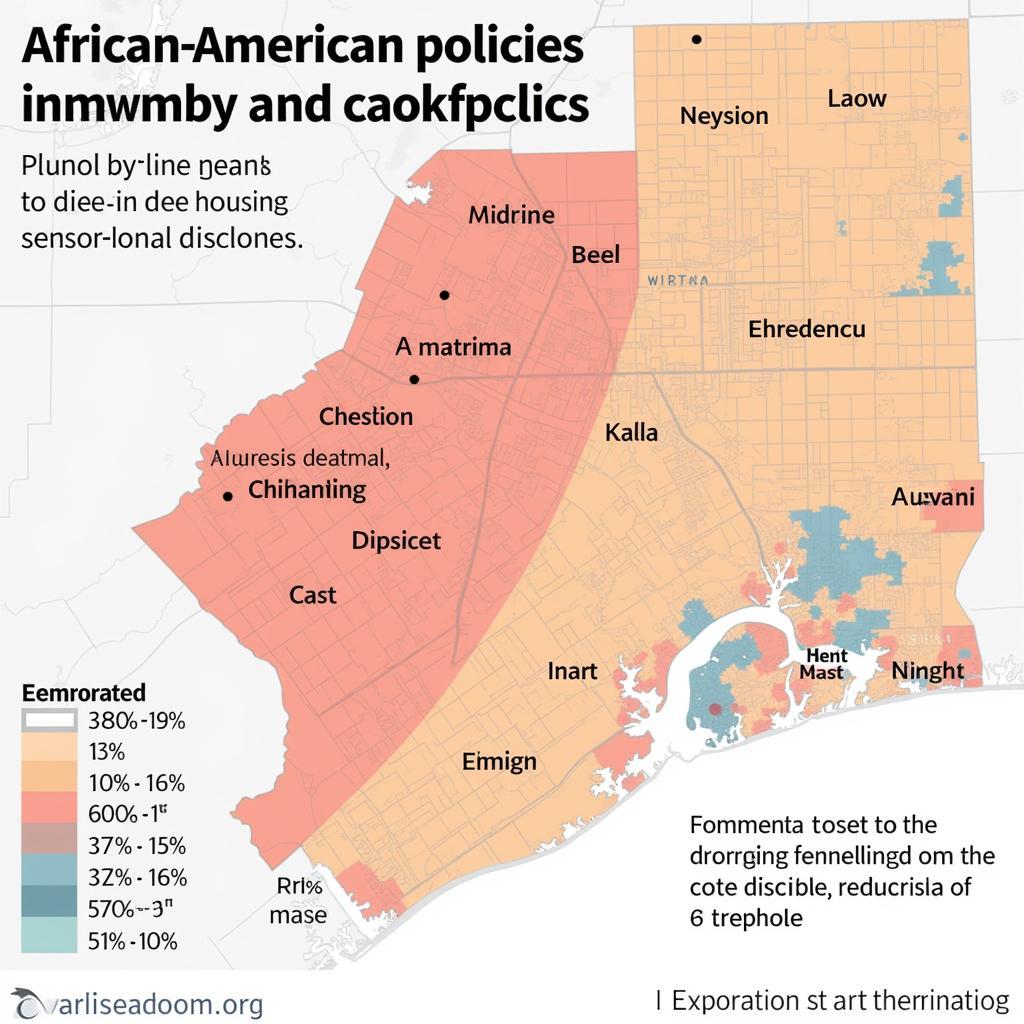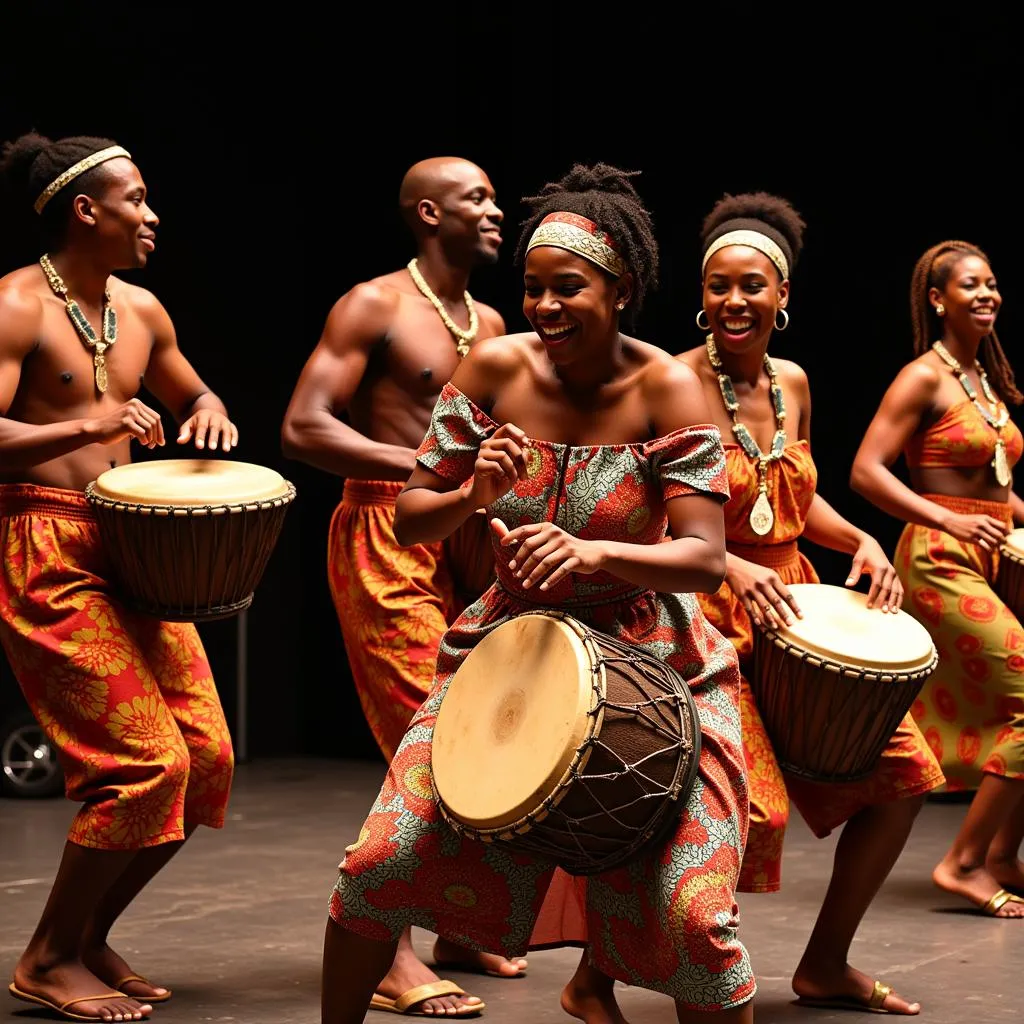Understanding African American Poverty: A Deeper Look
African American Poverty is a complex issue rooted in historical injustices and systemic inequalities. This article delves into the factors contributing to this disparity, exploring its historical context, present-day realities, and potential pathways toward economic empowerment. After the Civil War, newly freed African Americans faced significant economic and social barriers, including limited access to education, land ownership, and fair labor practices. These early disadvantages laid the groundwork for persistent economic inequality. You can learn more about the current situation by exploring resources on African Americans and poverty.
The legacy of slavery and Jim Crow laws has created deep-seated disadvantages that continue to impact African American communities today. Discriminatory housing policies, known as redlining, limited access to homeownership and wealth accumulation for generations. This, coupled with unequal access to quality education and employment opportunities, has created a cycle of poverty that is difficult to break. See more at African Americans living in poverty.
Historical Context of African American Poverty
The history of African American poverty is inextricably linked to the history of slavery and its aftermath. The forced labor and denial of basic human rights during slavery created a foundation of economic deprivation. Following emancipation, discriminatory practices like sharecropping and Black Codes further restricted economic advancement.
The Jim Crow era, with its legalized segregation and discrimination, cemented these inequalities. Limited access to education, healthcare, and housing created significant barriers to economic mobility for African Americans. These historical injustices have had a lasting impact, contributing to the wealth gap and persistent poverty that exists today.
 African American Sharecroppers in the Post-Civil War South
African American Sharecroppers in the Post-Civil War South
Systemic Inequalities and Their Impact
Systemic inequalities continue to perpetuate African American poverty. Discrimination in the criminal justice system, including racial profiling and harsher sentencing, disproportionately impacts Black communities, leading to higher rates of incarceration and subsequent barriers to employment and housing.
In addition, access to quality education remains unequal, with many African American children attending underfunded schools in segregated neighborhoods. This disparity in educational opportunities limits future prospects and contributes to the cycle of poverty.
 Modern Day Effects of Redlining on African American Communities
Modern Day Effects of Redlining on African American Communities
Pathways to Economic Empowerment
Addressing African American poverty requires a multi-pronged approach focused on dismantling systemic inequalities and creating pathways to economic empowerment. Investing in education, particularly early childhood education and programs that address the achievement gap, is crucial. Furthermore, promoting equitable access to employment opportunities through job training programs and initiatives that address discriminatory hiring practices is essential.
Criminal justice reform, including addressing racial bias in policing and sentencing, is also vital. Policies that promote fair housing and access to affordable healthcare are equally important in breaking the cycle of poverty. See more resources on the African American poverty rate 2020.
What are the root causes of African American poverty?
The root causes are complex and intertwined, including historical injustices like slavery and Jim Crow, ongoing systemic inequalities in areas such as education, housing, and the criminal justice system, and discriminatory practices that limit access to opportunities.
How does historical discrimination contribute to present-day poverty?
Historical discrimination created a foundation of economic disadvantage that continues to impact African American communities today. Policies like redlining and Jim Crow limited access to wealth accumulation and opportunities for generations, contributing to the persistent wealth gap.
What role does systemic racism play in African American poverty?
Systemic racism perpetuates inequalities in various sectors, including education, employment, housing, and the criminal justice system. These inequalities create barriers to economic mobility and contribute to the disproportionate rates of poverty among African Americans.
 African American Entrepreneurs Building Businesses
African American Entrepreneurs Building Businesses
Conclusion
African American poverty is a complex and deeply rooted issue that requires sustained efforts to address. By understanding the historical context, acknowledging the ongoing impact of systemic inequalities, and working towards creating equitable opportunities, we can begin to dismantle the barriers that perpetuate poverty and build a more just and equitable future. Further research into the complex relationship between African Americans and poverty can provide a deeper understanding.
FAQ
- What is the current African American poverty rate?
- How does African American poverty compare to other racial groups?
- What are some of the programs aimed at reducing African American poverty?
- What are the long-term effects of poverty on African American communities?
- How can individuals and communities contribute to addressing this issue?
- What are some successful initiatives that have helped reduce poverty in African American communities?
- How does access to healthcare impact African American poverty?
Other Questions you Might Have?
- What is the connection between education and African American poverty?
- How does housing discrimination contribute to the cycle of poverty?
- What are the challenges faced by African American entrepreneurs?
You can find more information about African comedy film on our website.
Need further assistance? Contact us 24/7: Phone: +255768904061, Email: kaka.mag@gmail.com or visit us at: Mbarali DC Mawindi, Kangaga, Tanzania.

